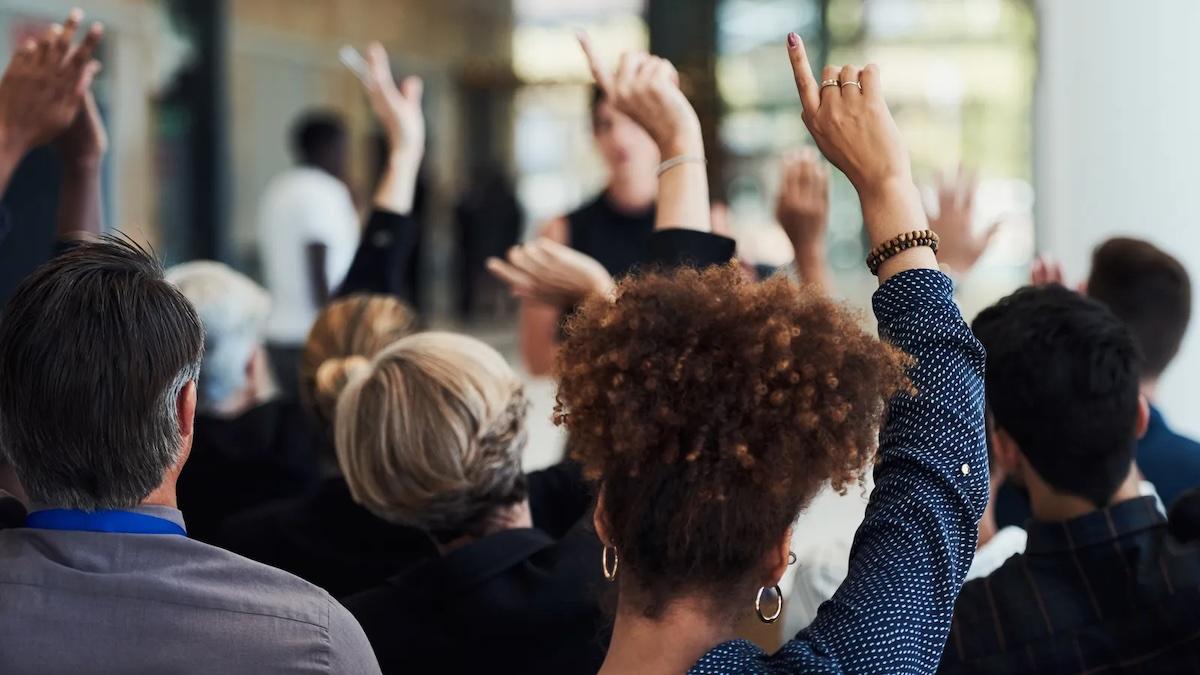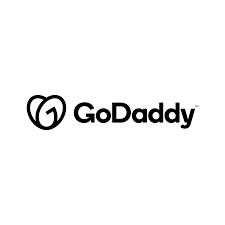Why We Should Stop Telling Employees To Advocate for Themselves
Kristy Lilas, VP of DIB at GoDaddy, outlines best practices for inclusion that don’t rely on self-advocacy.
Originally published on HR Dive
By Kristy Lilas
Kristy Lilas is vice president of diversity, inclusion and belonging at GoDaddy.
In an era that champions self-advocacy as a pathway to professional success, it is important to recognize that it can only go so far, especially for people from marginalized communities. For individuals facing biases — both unconscious and systemic — the expectation of self-advocacy can pose unique challenges and create complex team dynamics.
Personal biases and institutional barriers hinder the ability of these employees to navigate the often-suggested pathways of self-promotion. In fact, some studies have shown that Black employees are penalized for self-promotion versus people with other identities. Recognizing these disparities is the first step in creating a more inclusive and equitable work environment for all.
Advocacy means championing oneself and others
At work, this often involves finding opportunities to educate others and develop one’s capabilities. But it can also vary from person to person: For some, meaningful advocacy is volunteering for or being recommended for stretch projects. For others, it might mean speaking up or creating space for their voice.
.
.
.
Read the full article on HR Dive here
###
Empowering through Equity & Inclusion: A GoDaddy Series – At GoDaddy, we make apps and services that our worldwide community of entrepreneurs can relate to and that serve our mission of empowering entrepreneurs everywhere, making opportunity more inclusive for all. Our people and culture reflect and celebrate that sense of diversity and inclusion in ideas, experiences and perspectives. But we know that’s not enough to build true equity and belonging in our communities. That’s why we prioritize integrating diversity, equity, inclusion and belonging principles into the core of how we work every day. This article is part of the Empowering through Equity & Inclusion thought leadership series that reflects on how organizations can strive for more equitable and inclusive workplaces – as well as communities.



